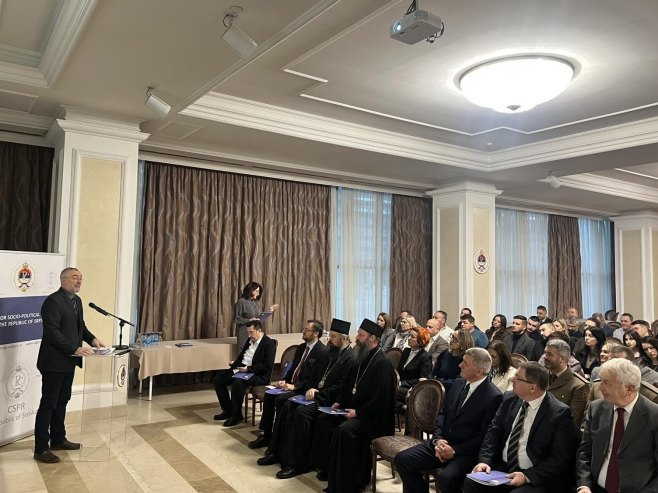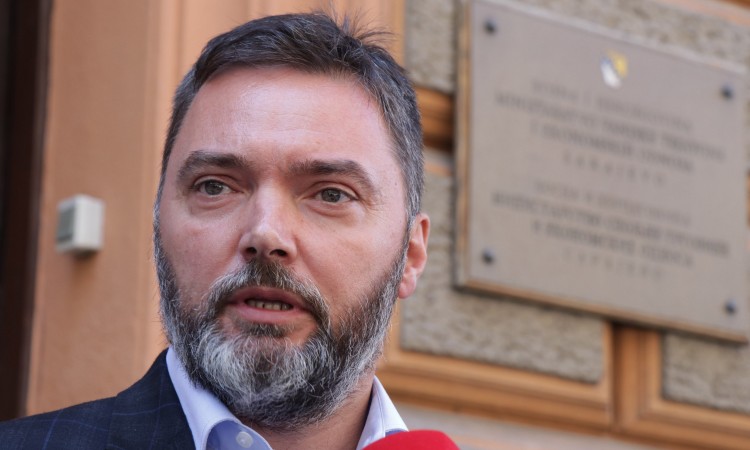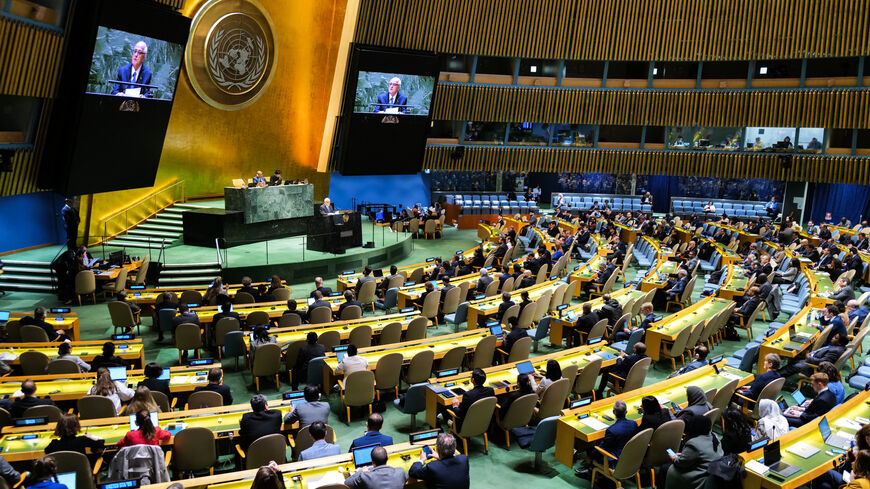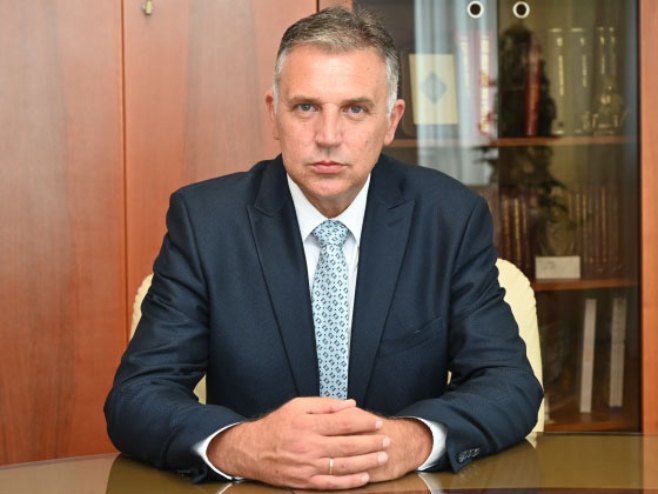The chargé d’affaires of the Permanent Mission of the Republic of Serbia to the United Nations, Saša Mart, has appealed to the co-sponsors to withdraw the text of the Srebrenica resolution, in the interest of all, primarily the people in Bosnia and Herzegovina, but also all UN member states, so that member states would not be put in a position to vote on a sensitive issue that requires consensus.
The letter from Saša Mart is conveyed in full:
Regarding the latest letter sent by the Permanent Missions of Germany and Rwanda to all member states on May 17, in their capacity as main sponsors and “co-facilitators” of the Srebrenica resolution, I must draw attention to the following elements.
Contrary to claims of strong regional support for the resolution, the co-sponsors have continued the practice of one-way communication, without the possibility of questions and comments, and without open consultations involving all UN member states. This only confirms the fact that Serbia has pointed out from the beginning – the non-transparency of the process without broader regional consensus and agreement reveals the true intention behind the resolution.
Contrary to all procedures and practices of the UN General Assembly, by sending the “revised” text of the resolution agreed upon in a narrow circle of co-sponsors, member states are being misled into thinking that these are substantial changes meant to convince them to support the text.
The co-sponsors’ attempt to indicate that judicial processes establish individual guilt seeks to conceal that, in the broader political discourse, moral responsibility for genocide is being collectively attributed to an entire people. The Serbian people, who have suffered immense atrocities, attempts of extermination, and genocide while standing on the side of truth and justice during two world wars in the 20th century, will never agree to this.
Serbia’s consistent position that a resolution on the sensitive issue of victims of a tragic war must, above all, represent the “ownership” of Bosnia and Herzegovina, is unconvincingly masked as “regional ownership” in the latest letter from the main co-sponsors.
At the same time, it completely ignores that the initiative on such a sensitive issue was not initiated with the agreement of all three peoples in Bosnia and Herzegovina, contrary to the Constitution of Bosnia and Herzegovina and without the consent of the tripartite presidency.
The true intention behind this resolution is revealed in the recent statement by the BiH official, Foreign Minister Elmedin Konaković, who said that “such a Serbia deserves contempt and does not deserve any hand of cooperation,” and that Bosnia and Herzegovina will seek war reparations and the revision of the judgment against Serbia by all other means.
Such irresponsible and inappropriate statements by officials of one country reveal the true intentions and certainly do not contribute to stability, neither in Bosnia and Herzegovina nor in the region, as Serbia has been warning from the start.
UN member states, put in an unenviable situation by the proponents, should not be further misled by the attempt to present an allegedly revised text. Member states should not be misled about the timing of initiating the Srebrenica resolution, because contrary to efforts to present 2024 as the most appropriate year, the current year is characterized by complex geopolitical circumstances, and opening historically sensitive topics only deepens divisions and can create additional instability in the Balkans.
Considering the incalculable consequences of such a draft resolution already at this stage, on the fragile reconciliation process by reopening old wounds, we once again appeal to the co-sponsors to, in the interest of all, primarily the people in Bosnia and Herzegovina, but also all UN member states, withdraw the text of the resolution so that member states would not be put in a position to vote on a sensitive issue that requires consensus.
If this does not happen, we point out that this resolution is already causing deep divisions in the international community and complicating processes throughout the region, which is why we call on all UN member states not to vote for the said resolution.
Source: RTRS









